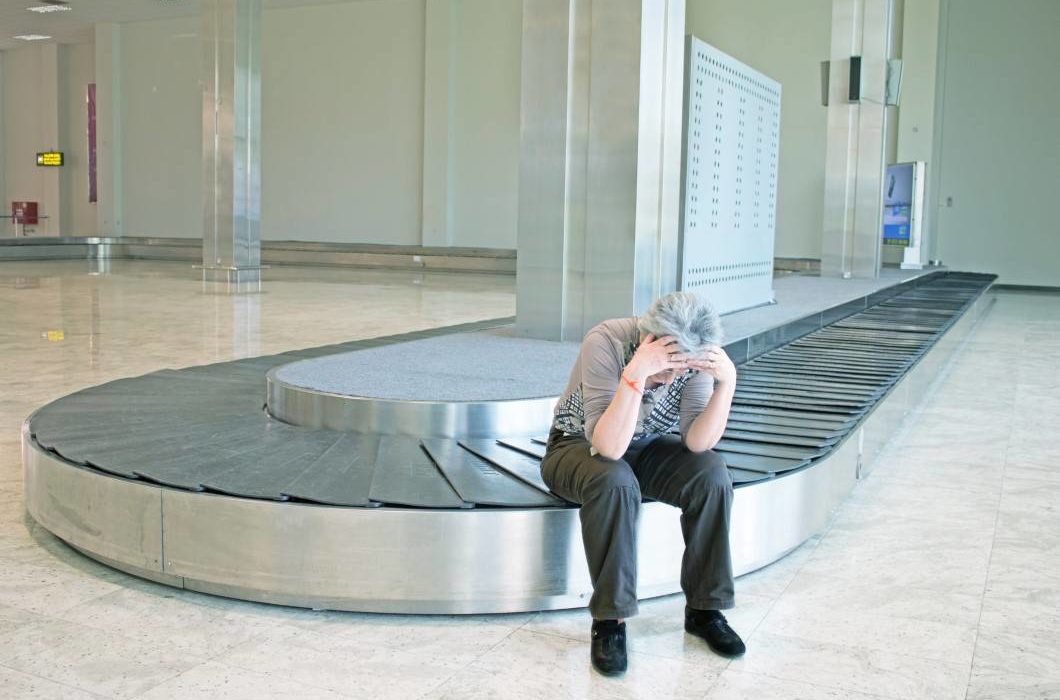
You might also like:
In just over a decade – from 2007 to 2018 – the number of air travel passengers increased by 75%, from 2.48 billion to 4.36 billion. Thanks to technology, irregularities and related costs were reduced for operators, falling from 4.22 to 2.4 billion (-43%). The amount of airport baggage being mishandled decreased as well.
According to the report by SITA, the global technology provider for air transport, the percentage of mishandled baggage was 5.69 per thousand travelers in 2018. Last year set a new record for passenger traffic exceeding the figure recorded in 2017 by 6.6%, when 4.09 billion people travelled by air.
A significant result, considering that in 2007 the number of mismatched airport baggage was 18.8 per thousand passengers. The 2019 edition of the SITA report shows that significant results have been obtained thanks to the introduction of luggage tracking at several key points of the route. This has allowed management improvement rates of up to 66%.
Sergio Colella, President of SITA Europe, said: “In the last three years, thanks to technology, the rate of mishandled baggage has stabilized. The average is 5.7 mishandled baggage per thousand passengers – in contrast with the traffic data, which will continue to grow.”
“In 2018, with 4.36 billion passengers, more than 4.27 billion baggage were boarded. For air transport operators, these numbers take on an even greater challenge. Here, in this challenge, technology is an excellent ally, and the adoption of increasingly advanced solutions – for example, tracking systems – is the key tool to achieve the next big cut at the rate of mishandled airport baggage,” he added.
95% of baggage that is subject to irregularities are still returned to the owner. In fact, the majority of mishandled baggage (77%) is returned late, 18% arrive at their destination damaged and only 5% of baggage suffering irregularities are lost or stolen.
In the last year, a growing number of airlines and airports have begun to introduce baggage tracking systems at key points of the trip – check-in, boarding, transfer between flights, arrival. The goal is to improve management and reduce the risk of irregularities.
The SITA report provides the first data on the success of the tracking. When the baggage is traced there is variable improvement rate between 38% and 66%, depending on the level of the systems introduced and those already existing.
“Baggage tracking solutions are a key tool to reduce airport baggage irregularities even when bags and luggage are transferred from one flight to another, a particularly critical step because it involves several airlines and airports. In 2018, 46% of the problems occurred at this stage. In addition to improving the management, baggage tracking allows passengers to keep an eye on their luggage at every moment of the journey,” Colella added.
Ahmed Juma Al Shamsi, CEO for Abu Dhabi Airports, said: “We have implemented baggage tracking at arrivals and we already have significant results. For our passengers, timely delivery of luggage is essential for smooth travel experience.”
Source: tourism-review.com
